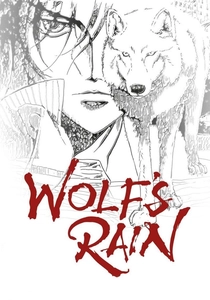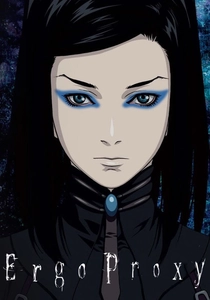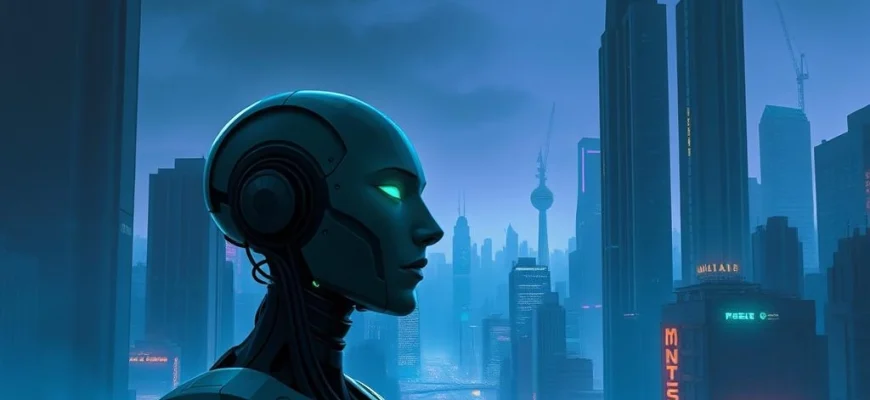If you're a fan of 'Key the Metal Idol' (1994), a cult classic blending cyberpunk, existential themes, and a gripping narrative about an android's quest for humanity, you'll love these 10 similar movies and shows. This article explores titles that share its dark, thought-provoking tone, futuristic aesthetics, and emotional depth, perfect for fans craving more immersive sci-fi experiences.

Akira (1988)
Description: A groundbreaking cyberpunk film that explores themes of power, corruption, and human evolution, with stunning animation and a complex, layered narrative.
Fact: The film was one of the first anime to gain widespread international acclaim and is often credited with popularizing anime outside of Japan.
 Watch Now
Watch Now 
Neon Genesis Evangelion (1995)
Description: A psychological and philosophical exploration of human existence, identity, and existential dread, wrapped in a mecha anime with deep character studies and surreal visuals.
Fact: The series was originally intended to be a more straightforward mecha anime but evolved into a deeply personal project for creator Hideaki Anno, reflecting his own struggles with depression.
 Watch Now
Watch Now 
Casshern Sins (2008)
Description: A bleak and philosophical reimagining of a classic anime, exploring themes of immortality, decay, and the search for meaning in a dying world.
Fact: The series features a distinctive, almost monochromatic visual style and a slow, contemplative pacing that sets it apart from more action-oriented anime.
 Watch Now
Watch Now 
Boogiepop Phantom (2000)
Description: A nonlinear, atmospheric series that explores themes of identity, memory, and the supernatural, with a haunting visual style and a focus on psychological horror.
Fact: The series is based on a light novel series and is known for its unconventional storytelling and eerie, monochromatic color palette.
 Watch Now
Watch Now 
Ghost in the Shell: Stand Alone Complex (2002)
Description: A cyberpunk narrative that delves into themes of identity, consciousness, and the merging of human and machine, featuring a blend of action and philosophical discourse.
Fact: The series was one of the first anime to explore the concept of 'standalone complex,' a phenomenon where unrelated individuals mimic a non-existent leader or cause.
 Watch Now
Watch Now 
Wolf's Rain (2003)
Description: A poetic and tragic tale of survival and destiny, blending fantasy and post-apocalyptic elements with deep emotional resonance and a haunting soundtrack.
Fact: The series was originally planned to be 26 episodes but was cut short due to production issues, leading to the creation of four recap episodes.
 Watch Now
Watch Now 
Haibane Renmei (2002)
Description: A melancholic and introspective series that deals with themes of redemption, purpose, and the afterlife, set in a mysterious, dreamlike world.
Fact: The series was created by Yoshitoshi Abe, who also worked on 'Serial Experiments Lain,' and features a unique, hand-drawn art style.
 Watch Now
Watch Now 
Paranoia Agent (2004)
Description: A psychological thriller that delves into collective anxiety, societal pressures, and the blurred lines between reality and delusion, presented in a surreal and often unsettling manner.
Fact: The series was created by Satoshi Kon, known for his mind-bending narratives, and features a unique blend of horror, mystery, and social commentary.
 Watch Now
Watch Now 
Ergo Proxy (2006)
Description: A dark, atmospheric series that combines existential philosophy with a dystopian setting, exploring themes of self-discovery, artificial intelligence, and the nature of reality.
Fact: The series features multiple references to classic literature and philosophy, including quotes from Jean-Paul Sartre and Friedrich Nietzsche.
 Watch Now
Watch Now 
Psycho-Pass (2012)
Description: A dystopian thriller that examines the ethics of surveillance, free will, and the psychological impact of living in a controlled society, with a strong emphasis on moral ambiguity.
Fact: The series' title refers to the 'Psycho-Pass' system, which measures a person's mental state and likelihood to commit crimes, a concept inspired by real-world predictive policing technologies.
 Watch Now
Watch Now 








